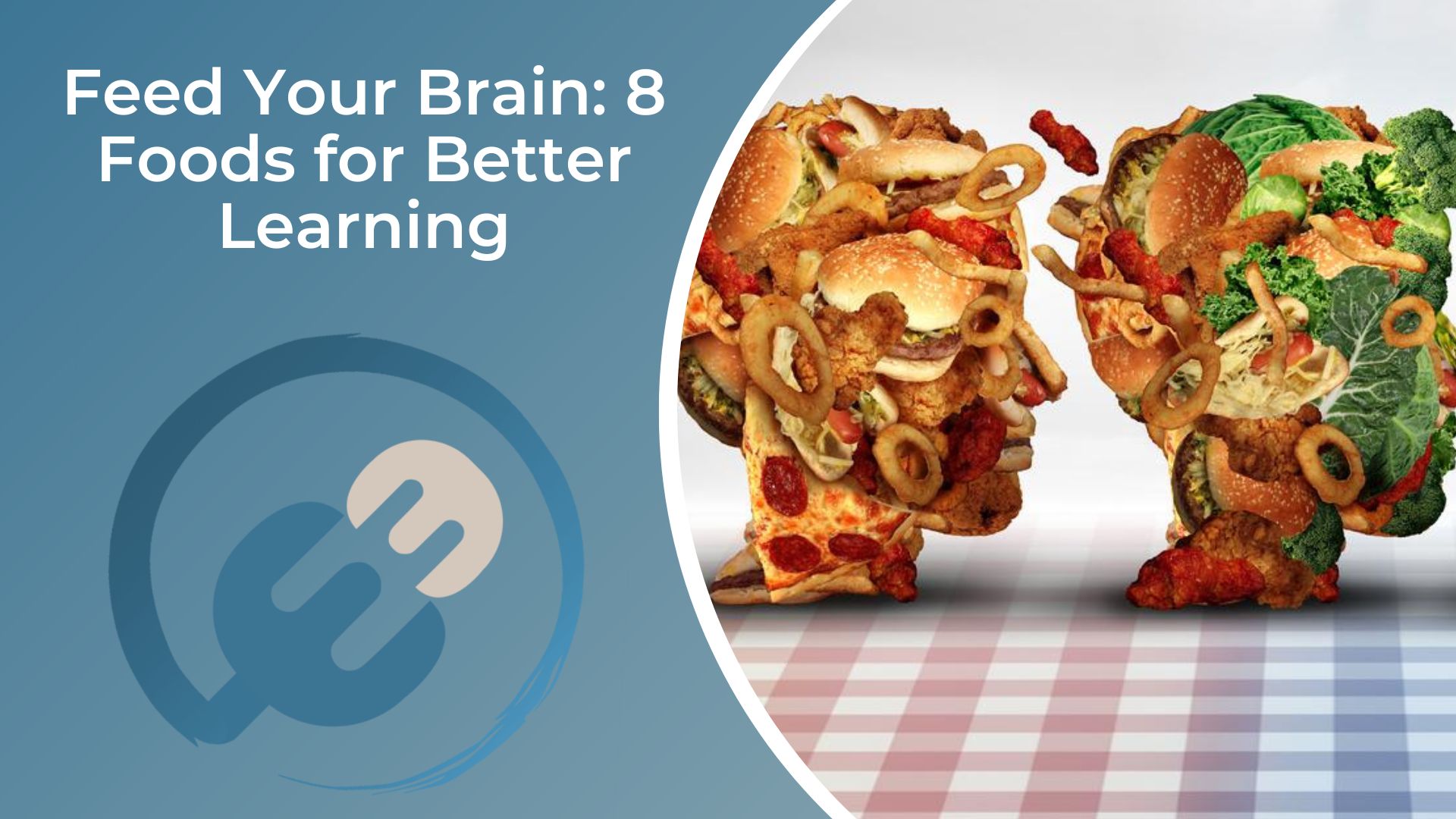Wouldn’t it be amazing to memorize concepts quicker and be able to stay focused longer? Good news! Certain brain foods can make it happen.
According to a number of studies, there is a correlation between the gut and brain, or your diet and cognitive function. Due to the concentration of specific macro and micronutrients, certain foods can help you perform mental tasks better. They can sharpen your memory, promote neuroplasticity, and build and repair brain cells.
Of course, food is no magical solution. You still need to be prepared for classes. We know how challenging this can be, considering a chronic lack of time. So if you are struggling with homework, why not delegate it? Find a reliable writing service to do my essays for me, and your assignments will no longer bother you. It’s as simple as that.
Nevertheless, below, you will find eight foods that you should add to your diet to study at your peak efficiency.
1. Turmeric
Turmeric is an amazing choice of spice for your diet. It’s often called the most effective natural supplement to ever exist. Why? It’s because the spice has strong anti-inflammatory and antioxidant properties.
Turmeric is linked to improved memory and attention. A study that researched the effects of curcumin, the main active ingredient in turmeric, found that people who took it twice a day for 18 months demonstrated a 28% performance improvement on memory tests.
2. Broccoli
Folate for cell growth, vitamin C as an antioxidant, and iron to improve the transport of oxygen—vitamins and minerals in broccoli have many benefits for your brain power. Besides, beta carotene and vitamin A will boost your eye health, which is exactly what you need after long study hours.
3. Pumpkin seeds
If you need a study snack, try pumpkin seeds. They contain valuable nutrients for your brain health. It is a good source of healthy fats, zinc, and magnesium.
Pumpkin seeds lower inflammatory markers. They can also help you have a better night’s rest, improving the quality and duration of sleep. Magnesium found in pumpkin seeds reduces stress and anxiety, while tryptophan is an amino acid crucial for the synthesis of serotonin.
4. Blueberries
Blueberries are wildly nutritious. They have an anti-inflammatory effect and prevent oxidative stress. Regular intake of these tasty berries will improve your memory and concentration.
It can help you stay focused on the task at hand, even if it is something not particularly exciting.
5. Salmon
Fish like salmon are rich in fatty acids. Unlike most other components, the human body can’t produce them. So you need to consume them with food. For example, omega-3 fatty acids are important for your entire body’s health, including brain function.
They are necessary for hormone regulation and cell function, as well as cardiovascular and endocrine systems. Fatty acids are also linked to stress management and the production of serotonin. According to the recommendations of the American Heart Association, a person should have at least two servings of fatty fish per week.
6. Kale
This leafy vegetable is nutrient-dense and great for your cognitive health. One serving gives you 450% of the daily vitamin K value. A high concentration of iron can help you improve the oxygen supply to the brain and thus help you stay focused. Kale is also a rich plant source of omega-3 fatty acids, the benefits of which we’ve already discussed above.
A good diet will support your brain health and help you manage stress.
7. Nuts
Including nuts in your diet can boost your memory, help you process information faster, and improve focus. Nuts are rich in various unsaturated fatty acids as well as minerals like zinc, copper, phosphorus, and potassium that make it happen.
What nuts are the most beneficial? Walnuts are at the top of the list. According to a 2020 study, they can improve your learning and memory due to the high concentration of DHA. They are also beneficial for stress management, which is extremely important for students. Other must-eat nuts for brain health are almonds, peanuts, and hazelnuts.
8. Eggs
Nutrients found in eggs are linked to better brain performance. For example, eggs are rich in choline, which is essential for mood regulation and memory.
They are also a source of vitamin B that your body needs for synthesizing brain chemicals. Another component, selenium, plays an important role in improving coordination and motor performance.
To Sum Up
Support your brain with the right sort of energy. It will help you stay concentrated during classes and ace your exam week. Try adding these foods to your diet and enjoy a boost in your cognitive performance.



